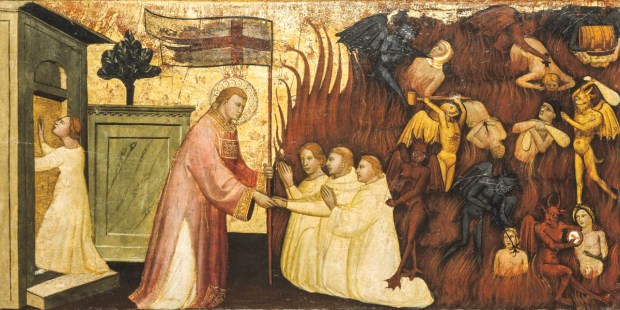1miseryindex
Platinum Member
Well, this is interesting. I was almost tempted not to give the following link, because I have already read up on this topic. But obviously, others have not necessarily done so.
So the first thing I read here confirms what I have been saying about Purgatory for decades now, namely that it is like Hell
except that it comes to an end. So I am going to finish reading this article, will comment further tomorrow, God willing

 aleteia.org
aleteia.org
So the first thing I read here confirms what I have been saying about Purgatory for decades now, namely that it is like Hell
except that it comes to an end. So I am going to finish reading this article, will comment further tomorrow, God willing

The saints tell us what Purgatory is actually like
More painful than anything on earth, and yet more peaceful than anywhere but Heaven.


